We follow rivers
Week 4 - from snow to snowdrops on the German section of the Danube cycle way
So finally, we are cycling alongside the river Danube.
It’s something we gazed at on a map over and over while preparing for this trip, so there are quite a few pinch-yourself moments to find yourself actually doing it.
The Danube cycle path (Donauradweg, Donau being German for Danube) is a popular route with cyclists in the summer, stretching, in theory at least, all the way from the river’s source in the Black Forest to its delta at the Black Sea. It’s on the Eurovelo 6, well-signposted, and in season, very well serviced, at least until after Hungary, with cafés, campsites and other amenities.
I don’t want to bore readers with too many details but if you are interested in learning more about the Donauradweg, or would like to cycle a section of it, there is a dedicated page to it on navigating app Komoot which is very detailed, even if the distances seem off and the focus seems more on sightseeing than cycling.
We have been surprised at how much of it so far - until Regensburg, roughly speaking, as I write - has been unpaved white road. This time of year, this has the disadvantage of coating the bikes in a spray of concrete-like mud, but as surfaces go, it’s definitely not the worst we will encounter on this journey.
Campsites are closed, and we have found fewer Warmshowers hosts than we had anticipated, so we are wild camping a lot, and the weather has largely played ball, with bright sunny days and sub-zero nights. Yesterday morning when Mark went to pour some water into a pot to make tea, the water froze solid on contact with the metal. We were suitably impressed.
We’ve also had some light snow and even hail.
We follow rivers
Our plan is to follow the river from its source at Donaueschingen through Germany into Austria, with a rest stop in Vienna, and on to Budapest.

So we will be with this beast of a river for quite some time. But, to paraphrase Lykke Li, we follow rivers: the Seine, the Moselle, the Rhine and now the Danube.
Rivers have been a natural navigation tool for hundreds of thousands of years for good reason, through our current continent when it was more dark woods than farmland. We’re doing what countless others have done throughout human history. That feels great.
One of the luxuries of the Donauradweg, and the rest of southern Germany so far - the Black Forest, Baden-Württemberg and now Bavaria - has been navigation.
Having had a few hairy busy roads in France using the Mapy.cz app, Germany’s amazing Radweg system, incredibly surfaced and signposted to the 100 metres, is a dream. Sure, the cycle paths may take the scenic route and add on a few extra kilometres between towns, but the extra mileage will be invariably to route you up a gentler incline or to ensure you pass the prettiest roadside chapel or the village café.
As Mark outlined in his last installment, we took a large diversion in the form of the Bodensee, known in English as Lake Constance. We were then slowed down by mechanical issues, and immediately after that, the day after we left Anja’s family (see Week 3), poor Mark developed a bad head cold and fever that saw us taking a two day rest stop in the town of Mengen. It was nothing too serious - just not fun to cycle with, as it had gone to his chest.
I blame all the crisps in his diet. All that MSG must be stripping his body of Vitamin C. He suffers for his art.
As I write, I seem to have picked up a milder version of the dose myself, though: not bad enough to warrant another rest stop yet, and fingers crossed that continues.
Mengen is the point at which we were rejoining the Danube after our Bodensee loop, and so it was a little frustrating to have to cool our heels and let the healing take place when we waited an extra couple of days. But we’re in this for the long haul, and what we do has to be sustainable for our bodies as well as our bicycles.
The net result is that as I write, we have done 1,935km in total: slightly slower than our first two weeks in France, but still good going.
On beauty
Some of our German hosts kindly and politely pointed out we were missing the most naturally scenic part of the German Danube by missing out on the first stretch from Donaueschingen to Mengen.
But truth be told, I don’t really mind. I’m not cycling around the world to see pretty things, even though that might sound a bit weird.
Philosopher Slavoj Žižek believes that our nostalgia for a pastoral aesthetic is a dangerous ill for humanity, blinding us to the realities of what we are doing to our planet. By staring longingly at the last few remaining wild places, by editing the rubbish out of our holiday pictures, we are creating a large and lethal blind spot that makes us unable to truly understand our impact on the environment.
I don’t want this blind spot. No matter how painful and frightening, I am cycling around the world to know the realities of this planet, not an illusion of it. I need to see it all.
On a bicycle, you really do see, and some of what you see is the terrifying, thoughtless brutality of human systems.
The endless litter, and the lethal impacts of our roads on other species. Some roadkill we have passed so far: wild boar, a deer with a broken neck, foxes, badgers, hedgehogs and, most poignant somehow, a little female barn owl in the Rhine Valley, recently struck, lying seemingly untouched apart from her closed eyes. To have survived the harshness of winter, to probably be carrying eggs, and to get caught in the updraft of a passing truck is a cruel fate for a canny little predator.
I was pondering all this while taking my wet gear off for the second time that day, in an industrial zone outside the city of Ulm on our second day on the Danube.
The morning had started with snow, and I was looking at a perennially optimistic cluster of primroses, desperately trying to bring spring to a stretch of what could politely be called canal bank in an area of heavy industry. The little flowers were forcing their heads up through a carpet not of snow, but of used baby wipes.
The Danube cycleway shows you both beauty and heavy industry, and as we get further from the source, the more you see the human impacts on the river - flood defences, hydro-electric power stations, its various uses in towns and cities.
Spring is springing
Nevertheless, spring is making itself felt, in carpets of snowdrops in the woods, in the activities of birds, and in human beings too: all throughout Germany, it is Carnival season.
This means we’ve been rewarded by some bizarre sights, as each village organises its own parades and people really throw themselves into the dressing up and partying. We’ve passed a gaggle of vampires mobbing some amused firemen, an entire marching band crammed into a small bank playing loudly, four young men pushing a boat on wheels and drinking beer at 11 in the morning.
There’s something strange and wonderful about all this, and as a celebration of spring, and of coming back to life after winters tougher than those we are used to in Ireland, it makes a kind of sense.
We’ve even wondered if part of the reason people have been so nice and friendly, with so many cheery greetings everywhere we go, is that the sight of a pair of touring cyclists is also a harbinger of summer, like swallows arriving.
I passed Connie Gesell and Wilfried and Monika Meichle a few days ago near Nonnenhorn on Lake Constance as they were leaving the local parade in their very traditional costumes, and asked them for a picture: they were delighted to hear we were Irish, and had visited Cork several times.
On the luxury of not knowing languages
One morning I spent an entertaining couple of minutes trying to persuade Mark that the polite response to the terse “Morgen” with which passing walkers greet us in Germany is to answer them by saying “Morgen Schpurlock.” Mark’s no fool, though.
“Morgan Spurlock was the fella who made Supersize Me,” he said after his little numbskulls had riffled through his inner filing cabinets for a while. “Stop having me on.”
Darn. But to keep ourselves occupied while pedalling, we went on to devise a complex system of answers - “Morgen Schpurlock” for villagers, “Morgen Freeman” for the majority, and “Morgen Schtanley” for city slickers.
Having gone from shaky French to even shakier German, I’m struck by what a luxury it is to have not the foggiest idea of what’s happening. It really is great. Ignorance is bliss.
One of the advantages of incomprehension is that the mundanities of life bypass you completely. Every sign you pass can be read aloud and wondered over, until you realise you’ve been rolling the syllables of a pet superstore or discount fruit and veg shop round and round your mouth in a hypnotised daze.
You can lose yourself in the melody of the snippets of conversation you hear in cafés, and everything sounds fascinating, but they’re probably talking about how they recently switched motor insurers or that they need to remember to book a vet’s appointment for their dog.
Then, of course, there’s the fact that lots of things in German just sound rude in English. Our frequent endorphin-laden laughing fits have been enriched no end.
Some of our favourites: check in to Hotel Bad Horn at your peril. The hotel is, no joke, on the shores of Lake Titisee (popular with nudists in summer, we reckon). Each village having a sign wishing you a gute fahrt as you leave has evoked some childish guffaws, and more obscure and filthy examples of place names include Rimmersburg and Fleischwanger.
What next?
We will keep cycling the Danube cycle path through Austria, and we will take a good-sized break of a few days to check out Vienna, a city neither of us has visited in the past. If you have any recommendations for things to see or do while we’re there, we’d love it if you would let us know in the comments below!
After that, Budapest and Bratislava, still both on the Danube. After that, we think we will stop following rivers for a while and make our own path through Romania, across the Transylvanian plateau and through the Carpathian Mountains, to the coast of the Black Sea, which we will follow through Bulgaria and into Turkey.
After that, things will get even more interesting!
We’ll keep you posted.
Hold her steady, and keep her between the ditches.






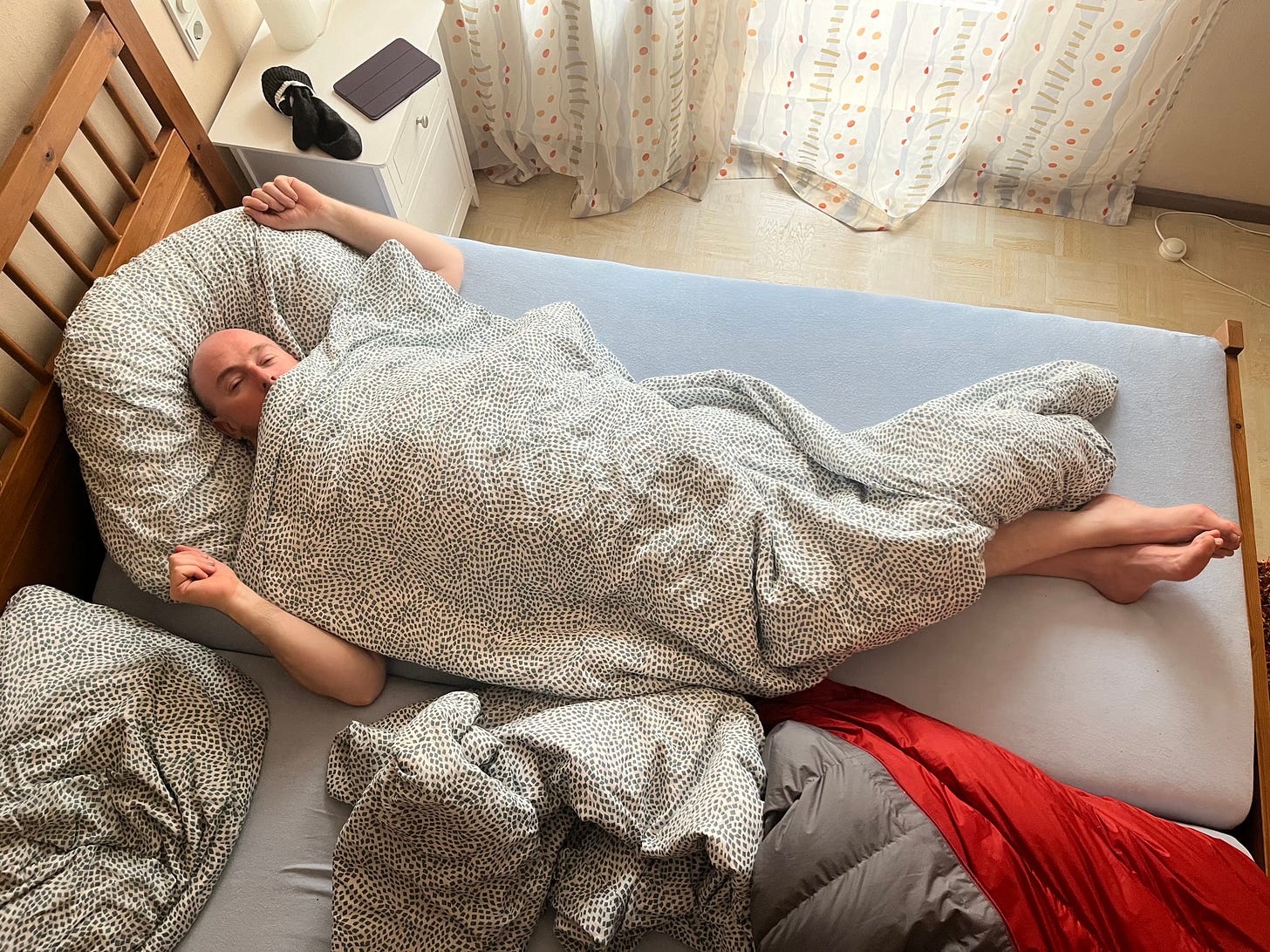
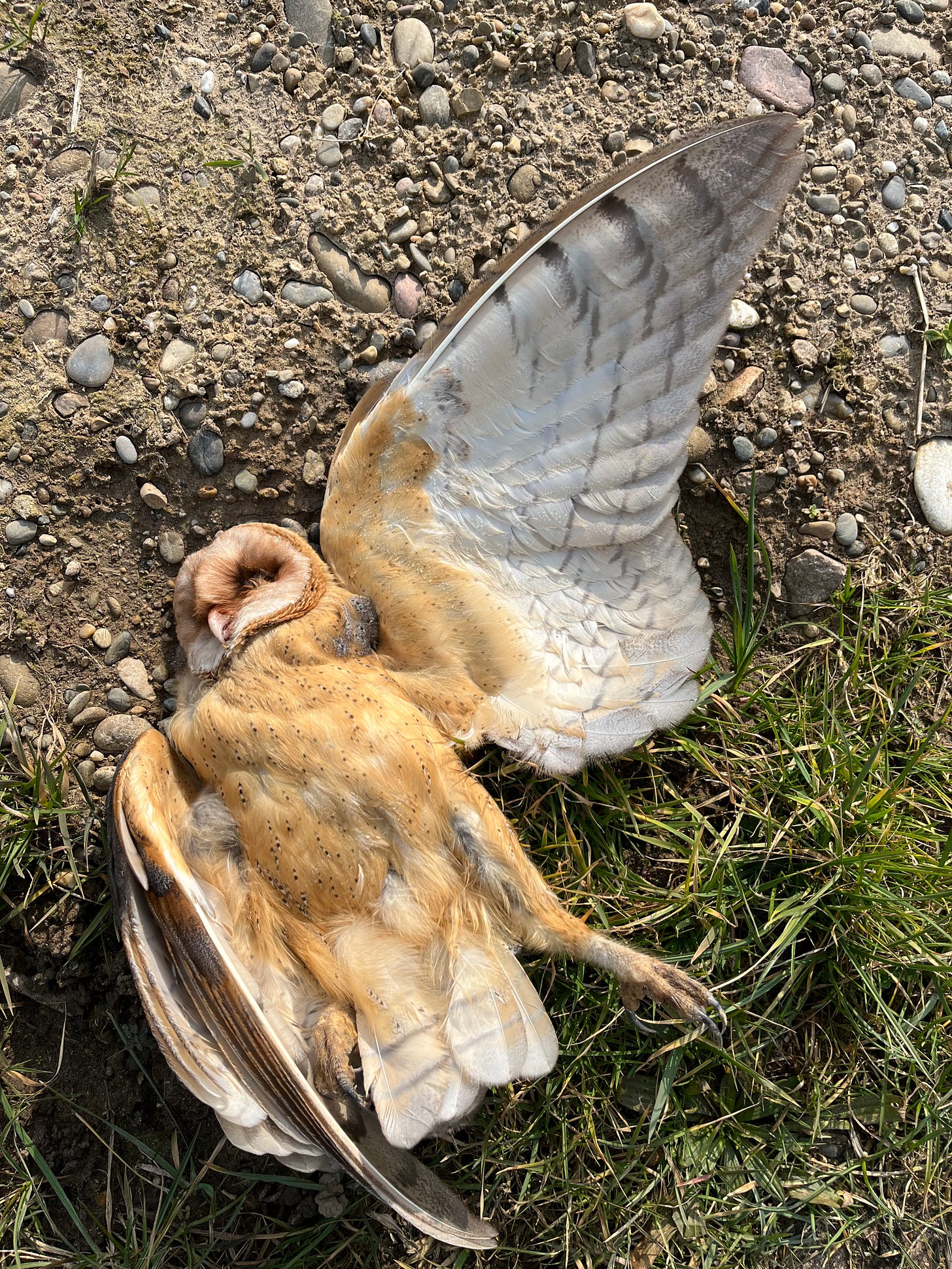

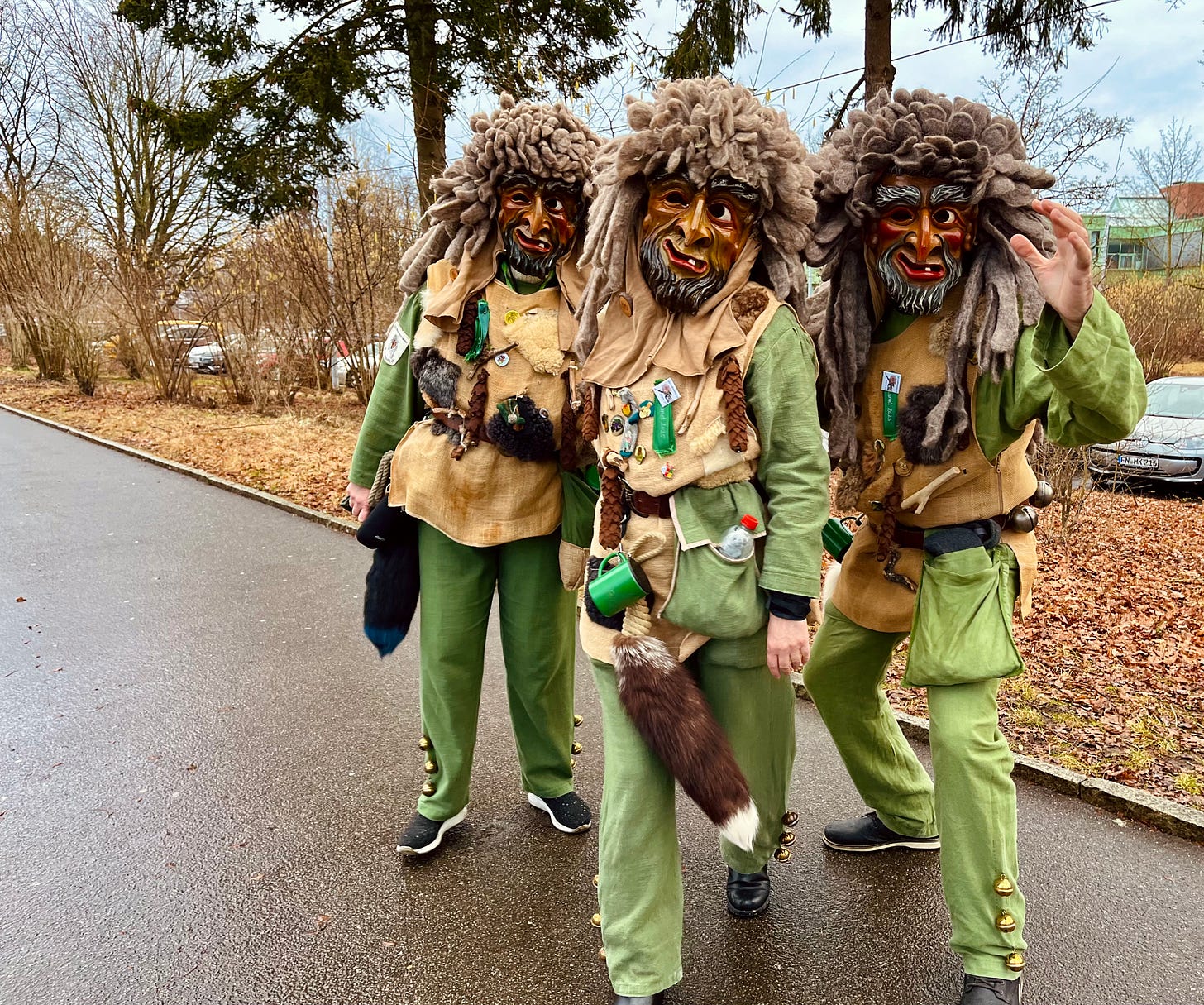
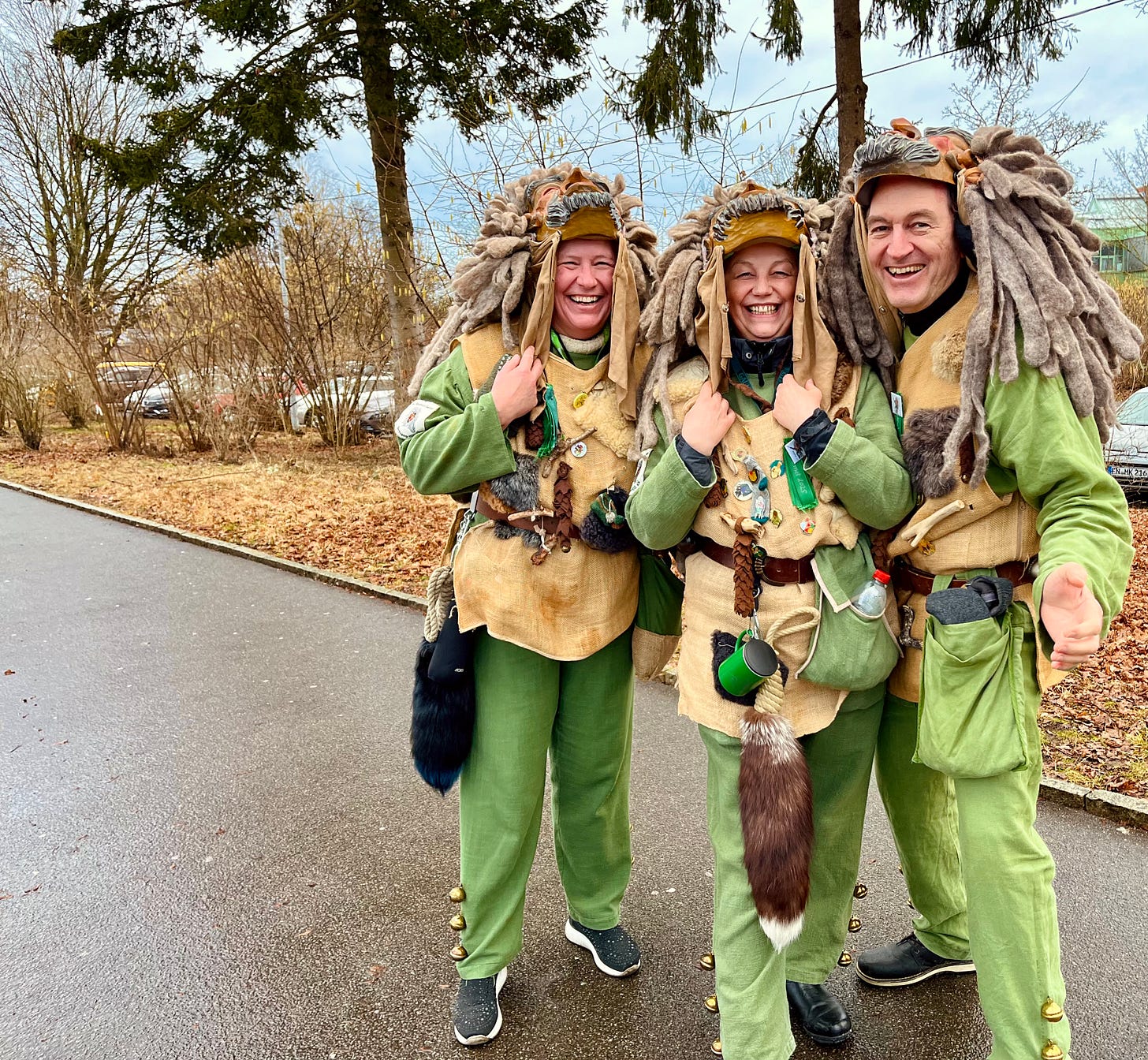
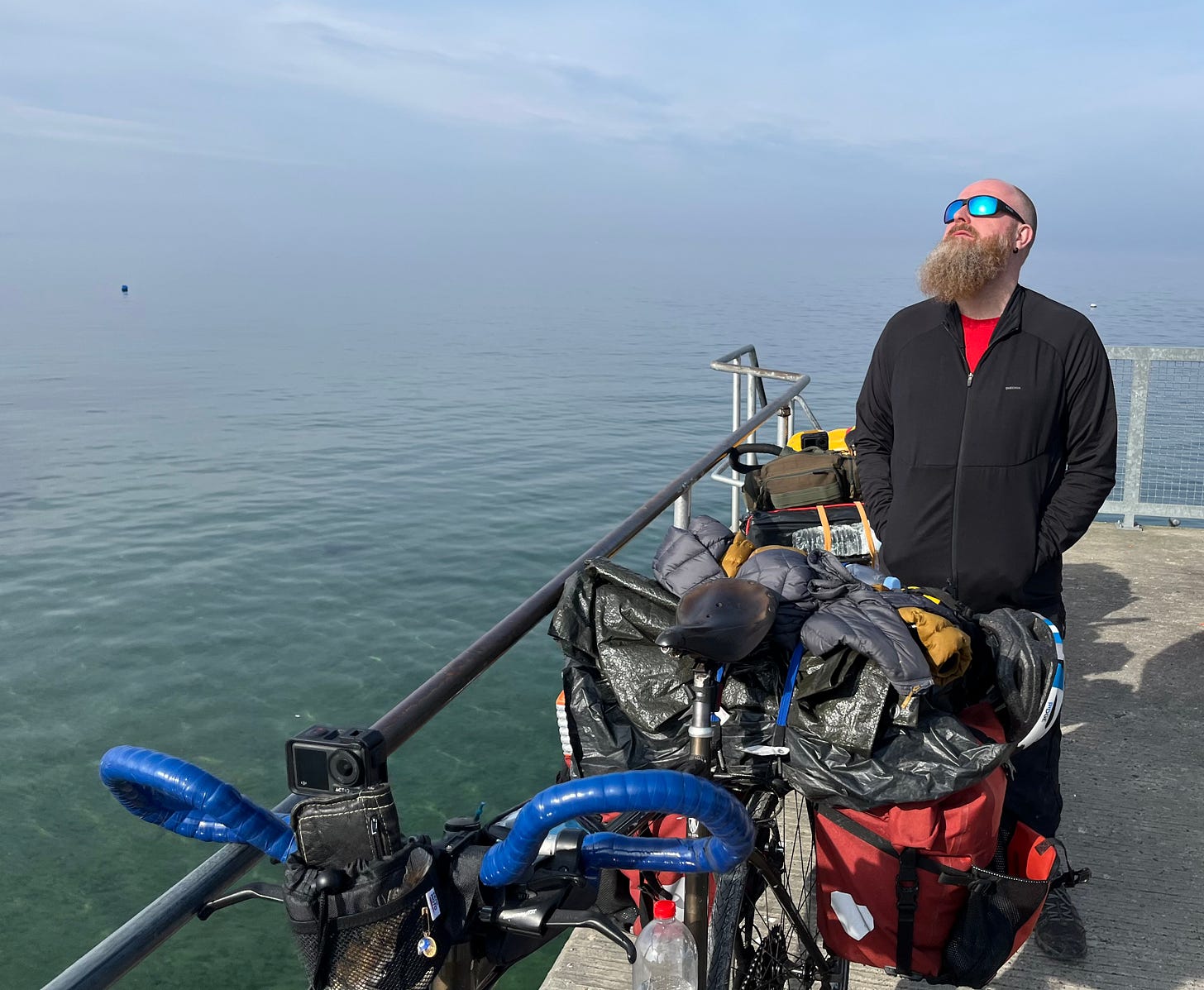
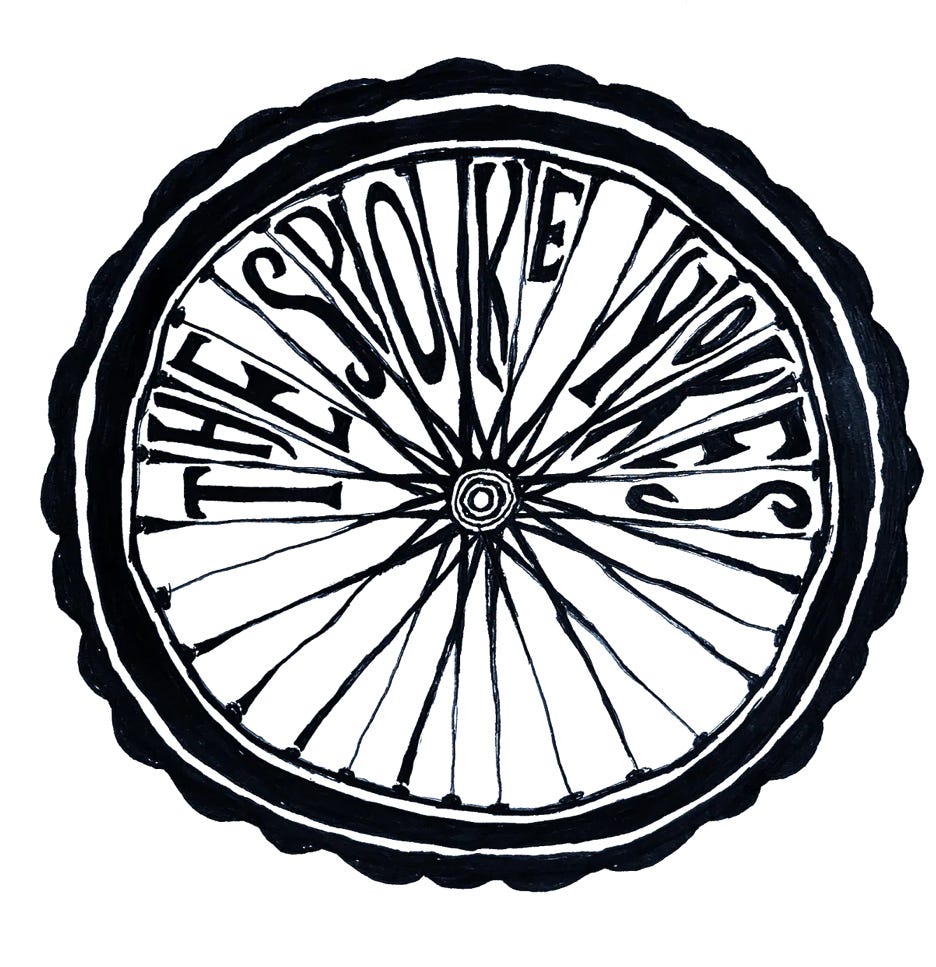
I'm addicted to these 'episodes' of Spoke Yokes now .. great writing as always .
You probably need Lemsip now as well as Barry's tea! Mind yourselves.